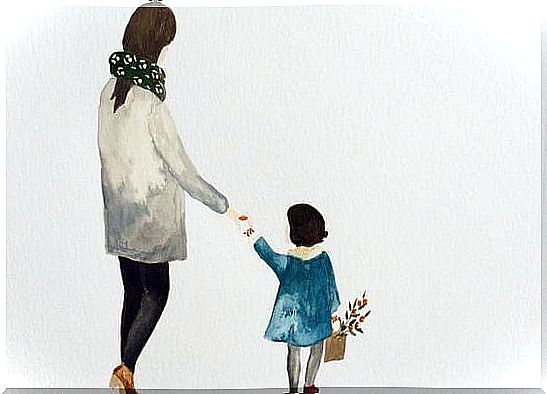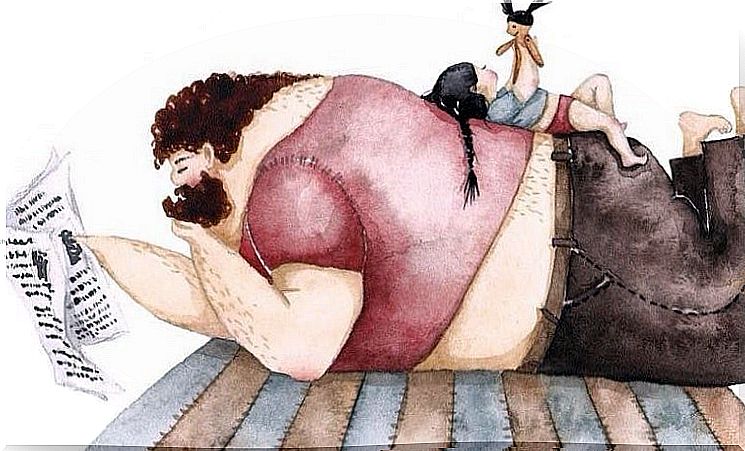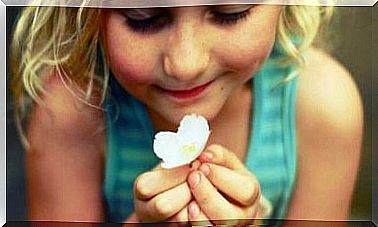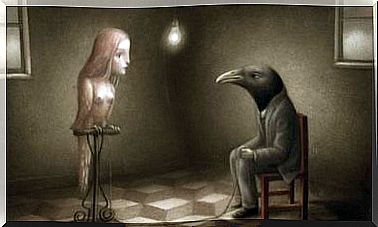Treat Your Kids The Way You Want To Be Treated And You Can’t Go Wrong

Treat your children as you would like to be treated yourself. Extinguish their fears, name those emotions they don’t know how to express, spend time with them, let their dreams take off and make them feel like they are: the most valuable people in your world.
It is remarkable how many mothers and fathers nowadays look at the education of their children with a little fear. They read educational books, learn about the latest theories and search the Internet for answers to any problem or ask friends – parents or not – who have risen above the rest as true gurus when it comes to all topics surrounding the care of children. children. Those parents somehow forget to listen to something more valuable than all of that put together: their natural instincts.
A child does not want to be yelled at and does not understand blame. Your child deserves to be listened to and treated with patience, affection and love, because children are not there to be ‘dominated’. They are there to love.
A mother’s instinct or a father’s ability to intuitively know the needs of their own children is without a doubt the best strategy for raising them. Children are born with an innate kindness, so they deserve to be treated with respect.
We invite you to think about this.

A child should be treated with love and without fear
There are mothers and fathers who are afraid of failing in their role as parents. They think they have failed if they don’t give their child the best birthday party or a place in the best school, or buy them the same clothes that their friends at school wear. They strive to offer their children what they never had themselves.
Obviously everyone is free when it comes to choosing how to raise their child, but we often forget what children are and what goes on in their heads. We cling to the thought of all we need to give them, without first thinking about what they really need: us.
- A child is not a miniature adult. It is a person who must learn to understand the world through you and through your heart.
- A child will always act out of need and not out of manipulation or malice, as adults can. We have to be intuitive when it comes to those demands.
- Above all, a child should be treated with affection. Our kids don’t really need branded clothes or electronic toys that they can play with on their own. They need your time, your example, your bedtime hugs and your hand to hold as they cross the street.

Self-regulated education: understanding and guiding
Self-regulated parenting is directly fed by the attachment theories formulated by psychiatrist Wilhelm Reich. These theories extol a set of important concepts that allow them to connect much better with childhood, with their time, with their needs.
The interesting thing about this direction is that self-regulation is considered a synonym for life, to make the first touch with our own personal complexity. Thus we come to understand that the child also has its own needs and its own conflicts that are sometimes created by a society that does not understand childhood or children.

Keys to self-regulated parenting
Self-regulated parenting tells us that a child who has been treated with respect during childhood and also seen how respectful their parents were towards the people around them will grow up to be a respectful adult.
That’s all wonderful, but… how do we achieve something like this? How does self-regulated parenting teach us to provide the world with happy adults?
- A child needs to feel understood and guided, especially in difficult times. When frustration sets in, the child will no longer feel adjusted to and integrated with the world.
- We should be raised with a healthy attachment based on love and closeness. That way, the child will gradually feel safe enough to start on their way to independence.
- A child’s voice must be heard at all times, because they too must be taken into account when they laugh and cry, when they ask something or when they suggest things.
- Self-regulated education also tells us about times, about not starting intellectual education until age 7 so that they can first go through a period of discovery that is only focused on fun and play.

- Interacting with their environment through their five senses and their relationships with people of their own age with joy also offers us an interesting way to promote their psychosocial development.
Nevertheless, whatever the focus we choose to raise our children, we must not forget that they must be treated with that certain and unerring magic formula : love.









